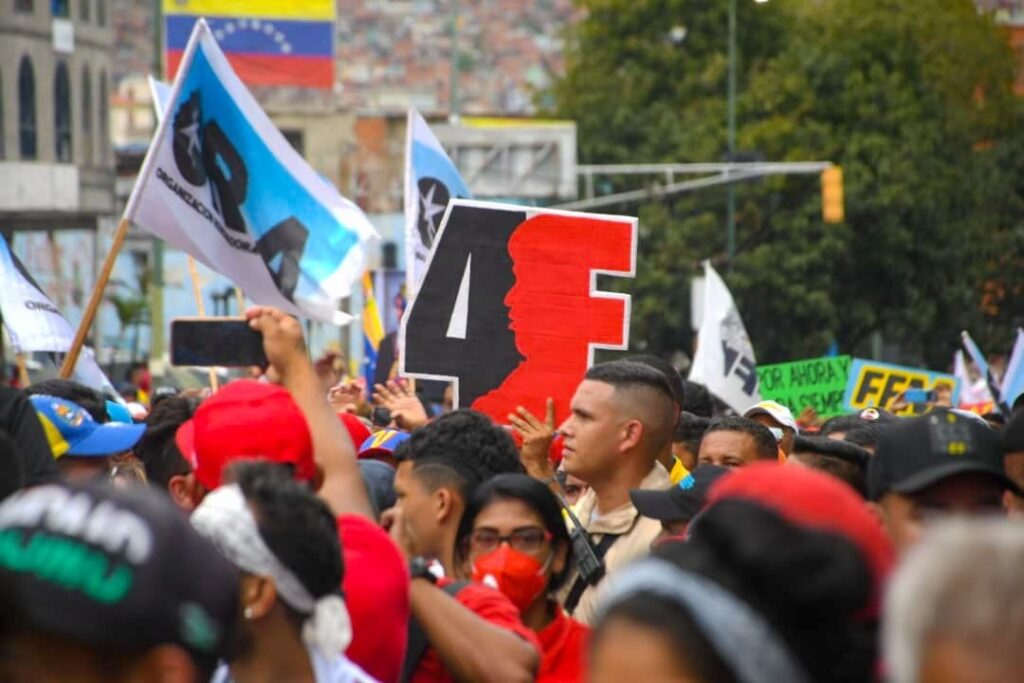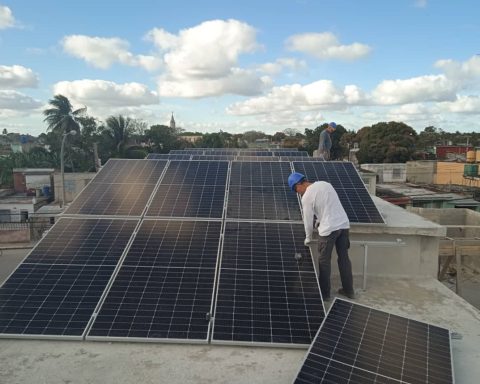The Government presented and defended, at the time of showing the 2023 Budget project, that the inflation of the year would correspond to 60%. Both the Minister of Economy, Sergio Massa, and the President of the Central Bank of the Argentine Republic (BCRA), Miguel Pesce, defended this figure and assured that the way to combat price fluctuations without affecting the most sensitive fabrics of society It is through economic growth.
The vast majority of consultants took it for granted that the number proposed by Massa and Pesce was impossible to achieve, arguments that the opposition used to, in the first instance, reject the 2023 Budget project. However, the consulting firm Sarandí, chaired by Sergio Chouza, offered its estimates for the year, where it projects a growth of the Gross Domestic Product (GDP) of 2% and a inflation 66%.
In addition, Sarandí said that the BCRA reserves would grow by US$5.100 million, thus meeting the economic goals of accumulation of US$4.800 million agreed with the International Monetary Fund (IMF), ensuring the following disbursements of money. According to the consultant, the biggest challenge that the administration will have to overcome from now on is to manage the stock and flow of dollars in an election year, where the demand for this currency increases, in addition to the inflation.
Chouza said that imports are directly related to the levels of economic activity, so the increase in GDP results in an increase in imports of inputs necessary for the production of the different industries in the country. The State requires dollars to pay for these imports, so the Massa administration must attend to the tourism sector, an area that brings in a significant amount of foreign currency.

The IMF on inflation
The multilateral lending entity suggests that Argentina comply with the agreed political and fiscal goals as a means to curb the inflation. However, the measures that suggests the IMFand that Argentina abides by in its majority, correspond to the removal of energy subsidies, cuts in social plans, layoffs in the national employee plant and other disarticulations in social security by the State to reduce public spending.

In this way, it could slow down the positive price variation, but at the cost of damaging the most sensitive fabric of society, the people with fewer resources. The IMF ensures that the inflation It is attacking the economies of the countries on a global scale and that low economic growth and high cost reduction must be incurred to face it. Several social actors wonder: who benefits from lowering the inflationbut apply labor reforms that make layoffs more flexible, remove subsidies to consumers and cut back on assistance?


















